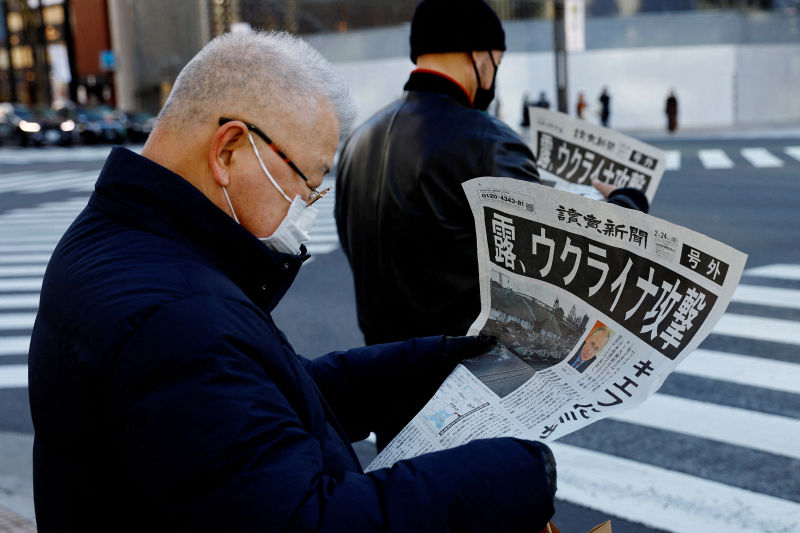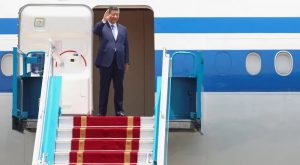The Japanese investment firm that failed to break a “poison-pill” defence in its bid for a printing press company had no choice but to sell most of its stake at a loss or risk a battle that would have destroyed more value, its chief executive said.
Tokyo-listed Asia Development Capital last month sold 32% of Tokyo Kikai Seisakusho to a group of newspaper publishers led by Yomiuri Shimbun, effectively ending its unsolicited bid for the 106-year-old company.
“We were bound to lose if we continued our fight with Tokyo Kikai’s management,” Anselm Wong, the Malaysian businessman who heads Asia Development, said. “When Yomiuri offered to buy the stake, we felt we had no choice.”
His comments follow an intense legal battle in corporate Japan over the past year that illustrates the high hurdles unsolicited bids still face in the country’s capital markets and potentially sets a precedent for similar bids.
Wong took Yomiuri up on its offer to buy the 32% stake, he said, believing he was unlikely to get support from Yomiuri and other newspapers if he rejected the offer.
Without the support of Japan’s powerful broadsheets – the Yomiuri is one of the world’s largest newspapers by circulation – Tokyo Kikai’s printing press business could face trouble, he said.
Yomiuri said in a statement the sale talks had started at Asia Development’s request and not Yomiuri’s.
‘Clearly Irreparable’
It said the confrontation between Tokyo Kikai and Asia Development was “clearly irreparable,” and the newspaper companies’ share acquisition was “the only option to normalise the situation and put Tokyo Kikai management on course for stability”.
A poison pill is a strategy designed to thwart hostile takeovers whereby other shareholders get new shares in the company, diluting the suitor’s stake.
Japan’s Supreme Court last year ruled against Asia Development, which had tried to stop Tokyo Kikai from issuing a poison pill defence.
As a result Asia Development had to reduce its 40% stake to just under 33% or risk massive dilution. Ultimately, it sold far more to Yomiuri and the other newspapers.
The 2.2 billion yen ($19 million) sale resulted in a one-time loss of 1.6 billion yen for Asia Development and left it with 8% in Tokyo Kikai.
The Supreme Court case was closely watched by investors as a gauge for the legal future of potential hostile bids. As corporate governance has improved in the world’s third-largest economy, hostile bids – once taboo – have become a little more common.
- Reuters with additional editing by George Russell
READ MORE:
Zip Announces $491m Takeover of BNPL Rival Sezzle – SMH
Cisco Makes $20bn-plus Takeover Offer For Splunk – WSJ
Australia&’s AMP Confirms Takeover Offers for Asset Arm
























